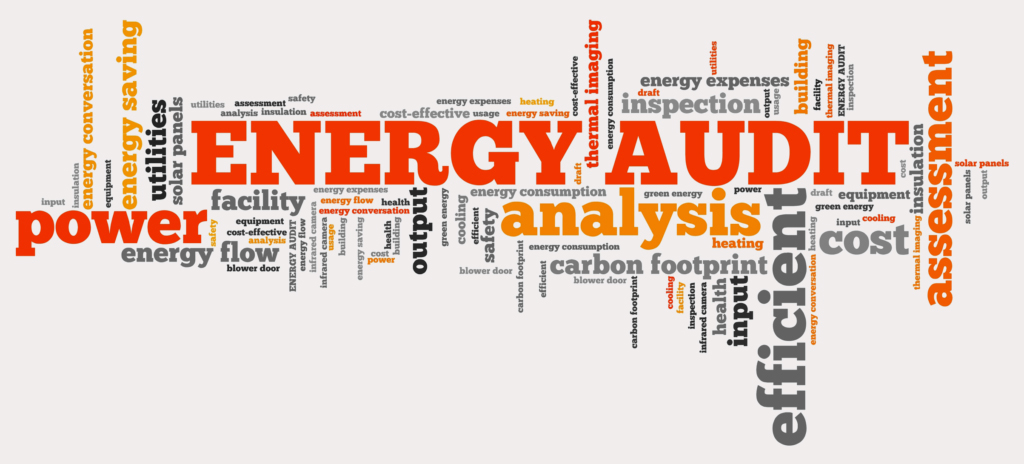Energy Audit is the key to a systematic approach for
decision-making in the area of energy management. It attempts to balance the
total energy inputs with its use, and serves to identify all the energy
streams in a facility. It quantifies energy usage according to its discrete
functions.
As per the Energy Conservation Act, 2001, Energy Audit is defined as "the
verification, monitoring and analysis of use of energy including submission
of technical report containing recommendations for improving energy
efficiency with cost benefit analysis and an action plan to reduce energy
consumption". In general, Energy Audit is the translation of
conservation ideas into realities, by lending technically feasible solutions
with economic and other organizational considerations within a specified
time frame. The energy audit is sometimes called an energy survey or an
energy analysis, so that it is not confused with a financial audit. The
energy audit is a positive experience with significant benefits to the
facility.
Goals Of The Energy Audit
- Clearly identify types and costs of energy use
- Understand how energy is being used - and possibly wasted
- Identify and analyze more cost-effective ways of using energy
- Improved operational techniques
- New equipment, new processes or new technology
- Perform an economic analysis on those alternatives and determine
which ones are cost-effective for your business or industry.





